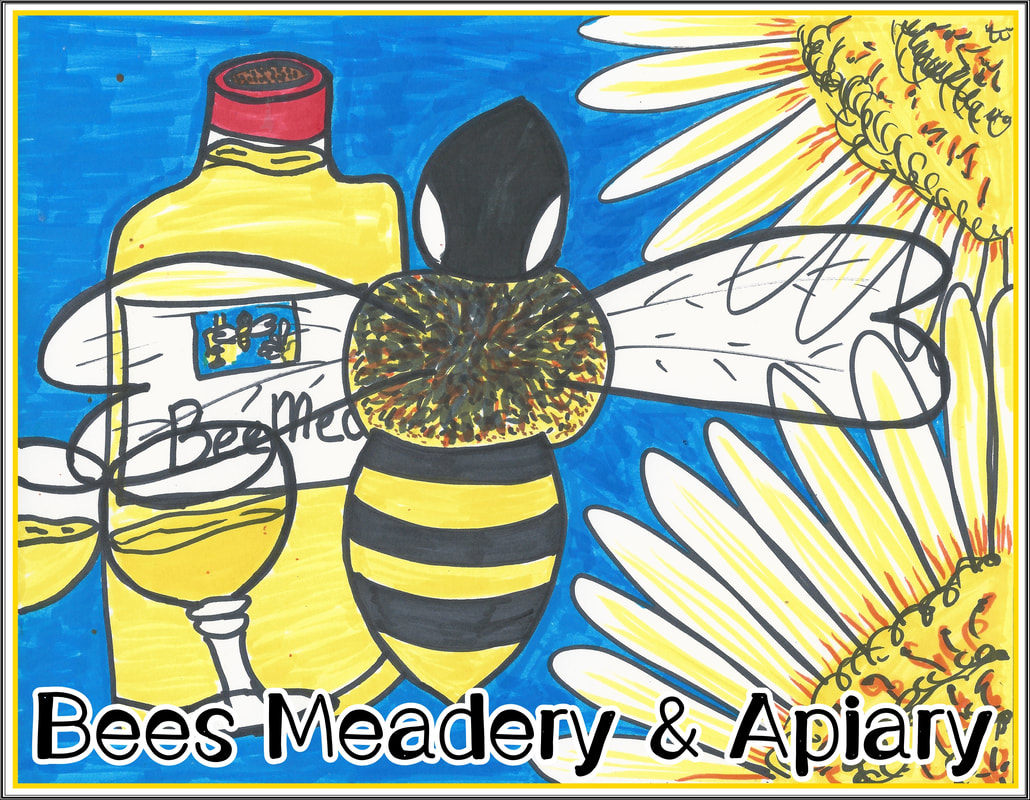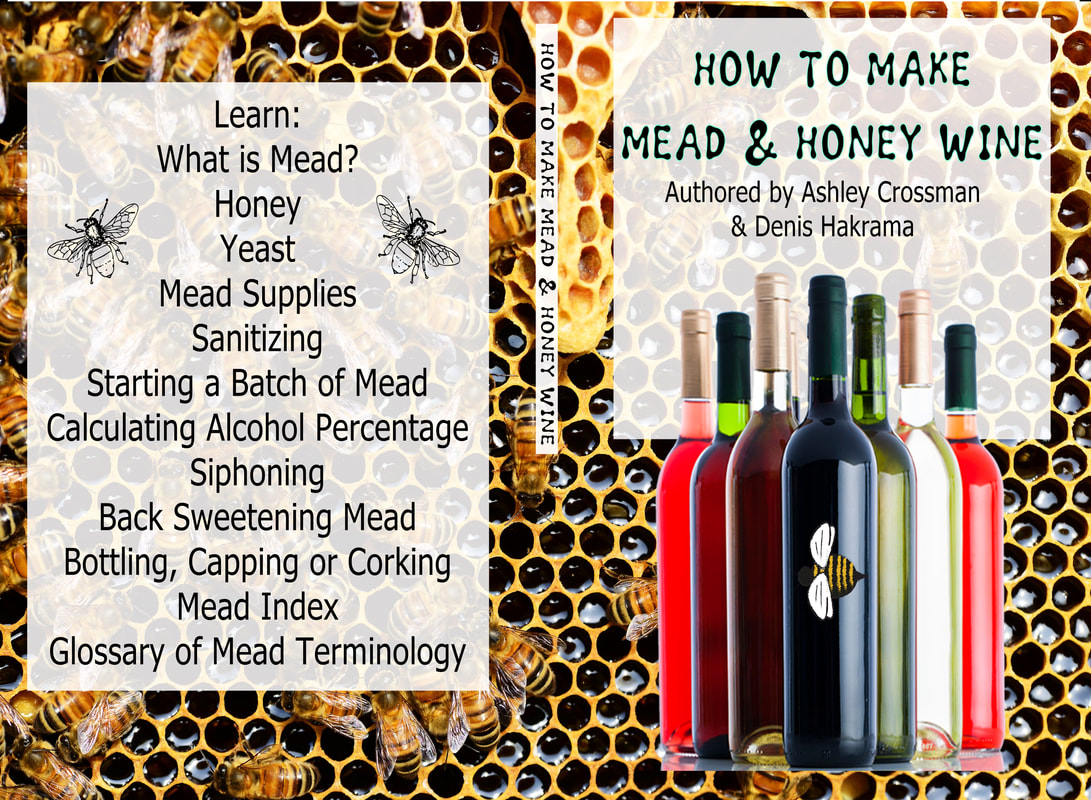|
I just applied to be a bee ambassador and learned more about saving bees and spreading education. Protect bee habitat
One of the largest threats to bees is the lack of habitat due to urban sprawl. If you notice a lack of green space in your neighborhood, you can volunteer to plant a bee garden or create a habitat corridor with nectar-rich plants such as wildflowers. You don’t need a ton of space to help save the bees- gardens can be established in small spaces like balconies or street corners, and flowers can be planted along roadways and other public areas. You can also get involved with your local government to advocate sensible limits to development where you live. Avoid harmful pesticides. Synthetic pesticides, fertilizers, and herbicides are harmful to bees. Using these pesticides in your garden can not only keep bees away, but also endanger their lives. If you must treat your garden, opt for organic pesticide options and spray at night when pollinators are least active. Or use beneficial insects such as praying mantises and ladybugs in your garden. Avoid chemicals belonging to the neonicotinoid family at all costs, as they are especially harmful to bees. Plant a bee-friendly garden. Flowers help feed bees and other valuable pollinators. Not only will you be helping save the bees by planting bee-friendly plants, but you’ll helping your garden as well. Some tips:
Bees aren’t only just interested in perennials! In fact, did you know that bees get most of their nectar from trees? When a tree blooms, it provides bees with hundreds if not thousands of blossoms to feed from. Trees are not only a great food source for bees but they are also essential to a bees habitat. Tree leaves and resin provide nesting material for bees, while their natural wood cavities make excellent shelters. With deforestation and development on the rise, you can help bolster bee habitats by caring for trees and joining tree-planting parties in your area. Create a Bee Bath. A fun activity that can also help save the bees is creating a bee bath. Fill a shallow bird bath or a small dish or bowl with clean water, and arrange pebbles and stones inside so that they poke out of the water. Bees will land on the stones and pebbles to drink the water as they take a break from foraging and pollinating. Build homes for solitary and bumble bees. Did you know that, with the exception of honeybees, most bees are solitary creatures? 70% of bees live underground, while 30% live in holes inside of trees or hollow stems. Since many solitary and bumble bees build their nests in undisturbed land, why not keep an untouched plot of land for them in your garden? “Bee condos” allow solitary bees like mason bees to take up residence and pollinate your garden, and are widely available for sale online. You can also learn how to build your own bee condo and create a better space for solitary bees. Start a honeybee hive. A great way to save the bees is by providing them a place to live! You can directly impact the health of your local ecosystem by starting a honeybee hive. Having your own beehive can help you learn about bee biology, bee ecosystems, and improve the environment around you. Plus, you get the added benefits of bee products such as raw honey and beeswax, as well as the satisfaction and joy derived from working with a hive. Contact your local beekeeping club for more information. Support your local beekeeper. If you’re not quite ready for a hive of your own, you can help save the bees by supporting a beekeeper in your area. These keepers work hard to nurture their bees and better the local community for bees and humans alike. The easiest way to do this is to buy locally-made honey and beeswax products. Many beekeepers use products from their hives to create soaps, lotions, and beeswax candles. Plus, local honey is not only delicious- it may be made by bees that visited plants in your own backyard! You can also contact your local beekeeping societies to see what kind of volunteer support or donations they might need. Sponsor a Hive If you can’t start your own hive, or would like to help increase the number of hives across the country, why not help fund new hive installations? The Honeybee Conservancy is working to install stocked honeybee hives and solitary bee homes in communities across the United States. By sponsoring a hive, you aren’t only helping to save the bees, but to improve communities across the country. Beehives provide training and learning opportunities for both young and old, and the bees can help establish a better environment by pollinating plants and creating honey that can be sold for profit. Visit our “Sponsor a Hive” page for more on current Honeybee Conservancy hives and information on how to get started as a sponsor. Become a Bee Ambassador You can do your part to save the bees on your own, but just like a colony of honeybees, making real change takes strength in numbers! Educate your friends, family, and community on how to help bees by becoming a bee ambassador. Current bee ambassadors engage others by asking for bee-benefitting donations in lieu of birthday gifts, and selling muffins door to door. Get creative with ways to raise funds and get the buzz out on saving bees!
0 Comments
Leave a Reply. |
@BeesMeaderyDenis and Ashley a fun couple always experimenting an starting another crazy adventure. Follow our adventures as we make mead and raise honey bees and work towards our dreams. Archives
November 2022
Categories |



 RSS Feed
RSS Feed